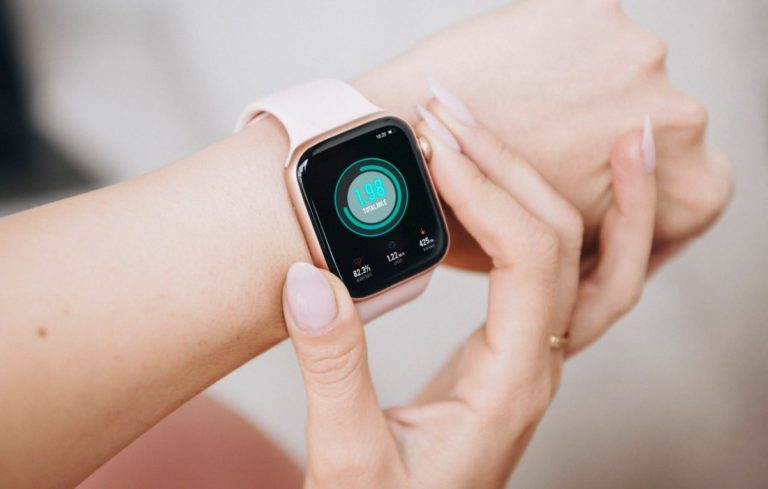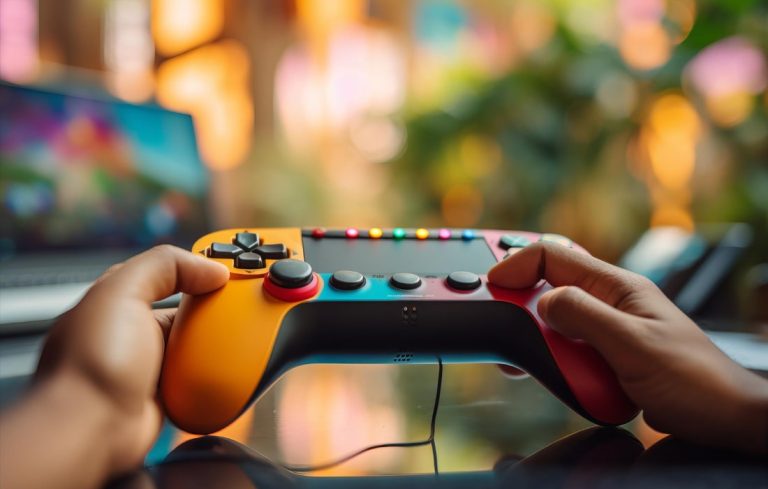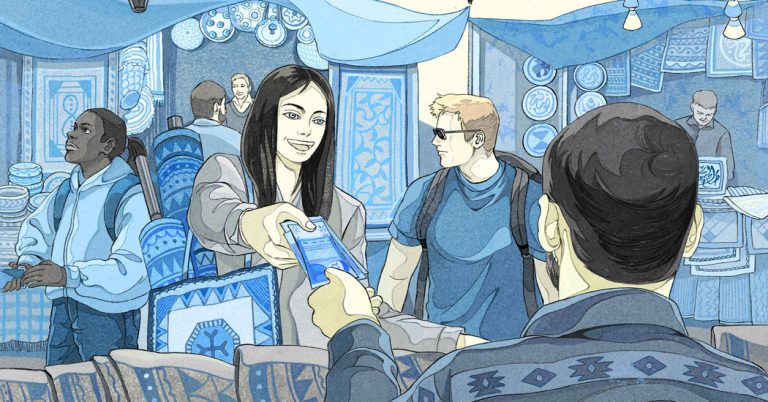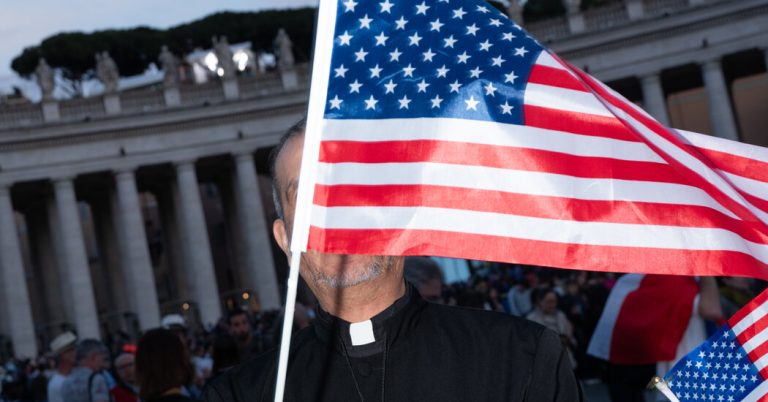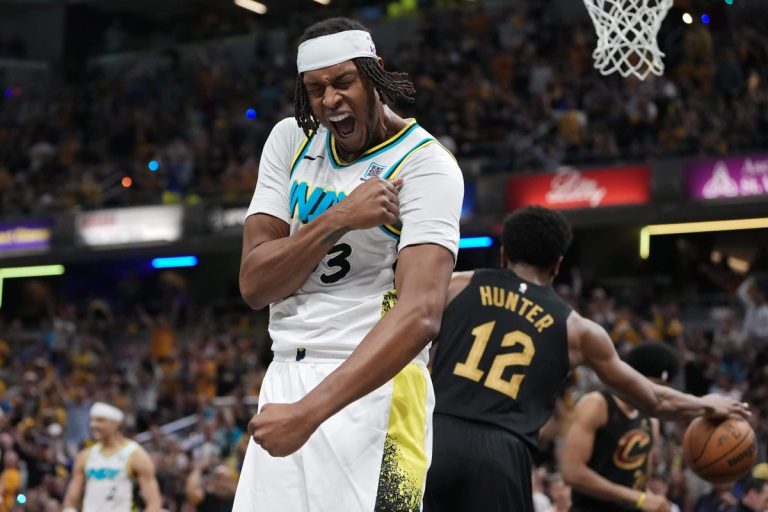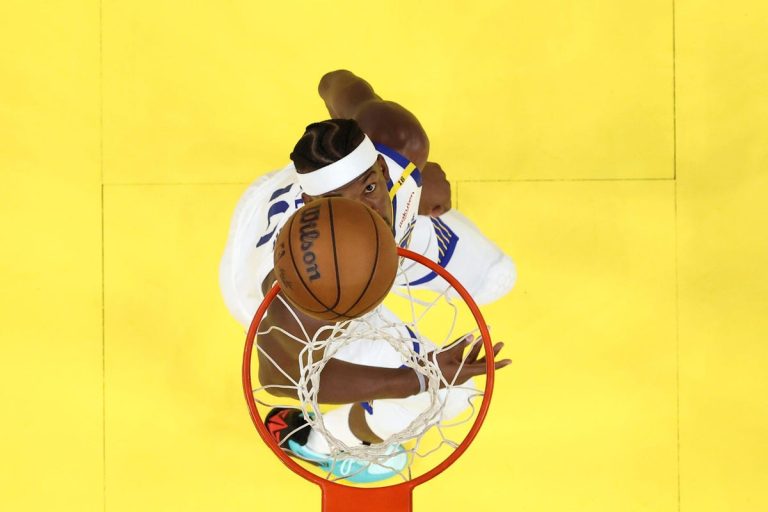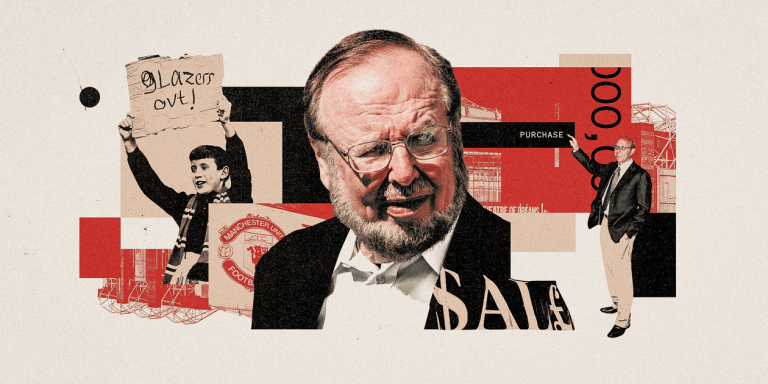On his first day as a rookie in 2021, quarterback Sam Ehlinger was at the Colts’ facility when he learned that his younger brother, Jake, had unexpectedly died of what was later determined to be a drug overdose.
Three members of the team’s leadership group — General Manager Chris Ballard; David Thornton, team’s director of player engagement; and Coach Frank Reich — sat with Ehlinger in Ballard’s office as he called his mother and sister. “They said, ‘We know this is your first day and you don’t know us, but you’re family now and we’ll take care of you.’”
It was more than just empty talk. When Ehlinger was 14, his father, Ross, died from a heart attack while competing in a triathlon, and that sudden death had taught Ehlinger how to talk openly about his emotions. Eight years later, as he processed another devastating loss, he was glad to have real support.
“I just feel unbelievably blessed to be in an organization that understands the importance of people’s mental health and creating it and fostering a space, a family-oriented environment, to allow players to speak how they feel and make sure everyone is doing well,” he said.
While several organizations have made strides in acknowledging and supporting mental health initiatives, the Colts are among the first franchises across professional sports to make erasing the stigma aviator of mental health a major focus, both inside the locker room and beyond.
Since May 2019, the N.F.L. Players Association and the N.F.L. have had a Comprehensive Mental Health and Wellness Committee, a panel of doctors appointed by both groups, which mandated that teams employ a behavioral health team clinician. The Colts have employed Elizabeth White, a health clinician, as their full-time, in-house counselor since 2015.
In 2020, Indianapolis became the league’s first franchise to launch a wide-scoped initiative, Kicking the Stigma, to bring awareness about the prevalence of mental health disorders and to raise and distribute funds for treatment organizations. To date, the Colts have committed more than $4 million in grants to support nonprofits and other organizations raising awareness about mental illness and providing treatment, and Kicking the Stigma has raised more than $17 million to expand mental health research and treatment in Indiana and across the country.
“Mental illness, whether you study it, whether you have it, whether you advocate for it — it’s stigmatized,” said Bernice A. Pescosolido, the director of the Indiana Consortium for Mental Health Services Research and a sociology professor at Indiana University, which in December 2021 was the recipient of a $3 million gift from the Colts to establish a new research institute to address the stigma around mental illness and increase the number of graduates working in the field.
“This is a tremendous service the Colts are providing not only to the organization,” said Dr. Allen Sills, the N.F.L.’s chief medical officer, “but to their local community and throughout their state and beyond.” He added that the Colts’ initiative could provide a model for other teams to adopt.
The Colts’ ownership is shared by Jim Irsay and his three daughters, who are also vice chairs of the team. The oldest, Carlie Irsay-Gordon, in early 2020 challenged her sister Kalen Jackson to brainstorm a single philanthropic effort that would be personal to their whole family. Jackson, who said she manages anxiety, alighted on a mental health focus, a particularly close topic for the Irsays. Jim has sought treatment for addiction issues and his father, Bob, was an alcoholic.
“A lot of people feel as if you have to be in crisis mode to be experiencing mental health,” Jackson said in a phone interview last November. “But mental health is health. If you are alive, you are experiencing mental health.”
That ethos extends to players, who can face additional hurdles to seeking treatment given the entrenched machismo within pro football. There is, however, a gradual shifting with the N.F.L.’s introduction of initiatives and services like the N.F.L. Life Line, which connects former and current players to counselors.
Kicking the Stigma works to more directly feature players in public service campaigns, posting video testimonials from the former Colts quarterback Peyton Manning and the rapper Snoop Dogg talking about ways to openly approach mental health, and hosting round tables with current players from around the league.
That organization-wide advocacy has emboldened the team’s players to speak out. Shaquille Leonard, the Colts’ three-time All-Pro linebacker, began having anxiety attacks when he was 17, after his older brother, Keivonte Waters, was killed in 2012.
But Leonard struggled with expressing his grief. “When I was young, especially as a male and an athlete, you were taught to be tough, to not show tears or emotions,” Leonard said.
Three years after his brother’s death, Leonard began seeing a therapist as an undergrad at South Carolina State only after collapsing because of what doctors told him was an irregular heartbeat caused by stress.
Still, Leonard said the 2021 N.F.L. season was “probably my worst year of going through my trials and tribulations.” He said that a cousin died and other relatives fell ill as he dealt with an ankle injury, and the combination made him experience familiar stress and elevated his blood pressure. Leonard said Colts staff members and players constantly checked in. “We are asking each other about family. ‘Where are you mentally?’” Leonard said, adding, “No one is shying away from that conversation.”
Even players from other organizations have taken note of the Colts’ initiative.
“The things teams are putting together, like the Colts — maybe people can take notes, like, ‘How did you get into that? What do you do for your players?’” Raiders tight end Darren Waller said in a phone interview. “It’s not an overnight thing where you walk in and everything is what you want it to be. But there are small signs of what can really transform the league. You’ve got to build brick by brick.”
